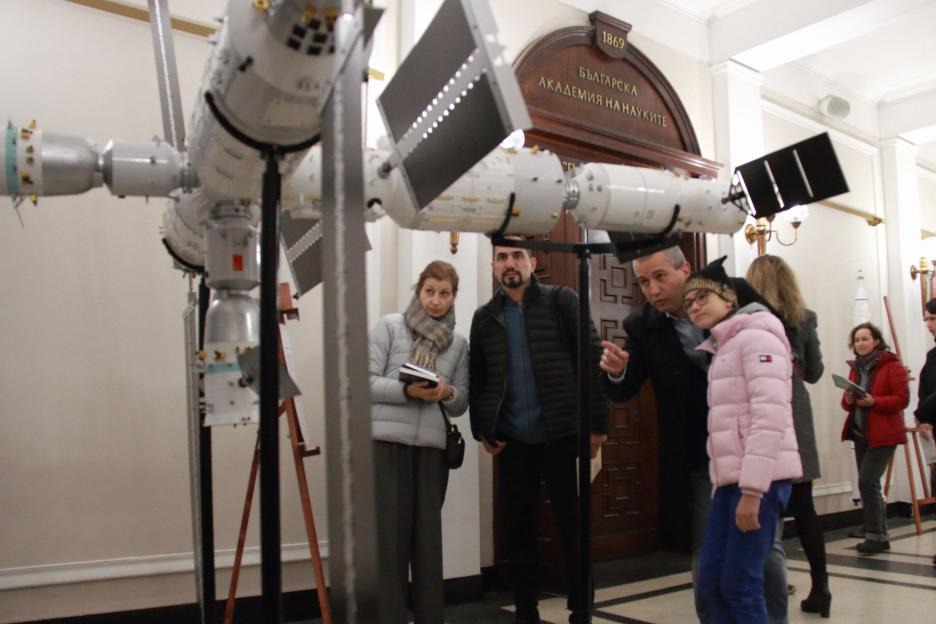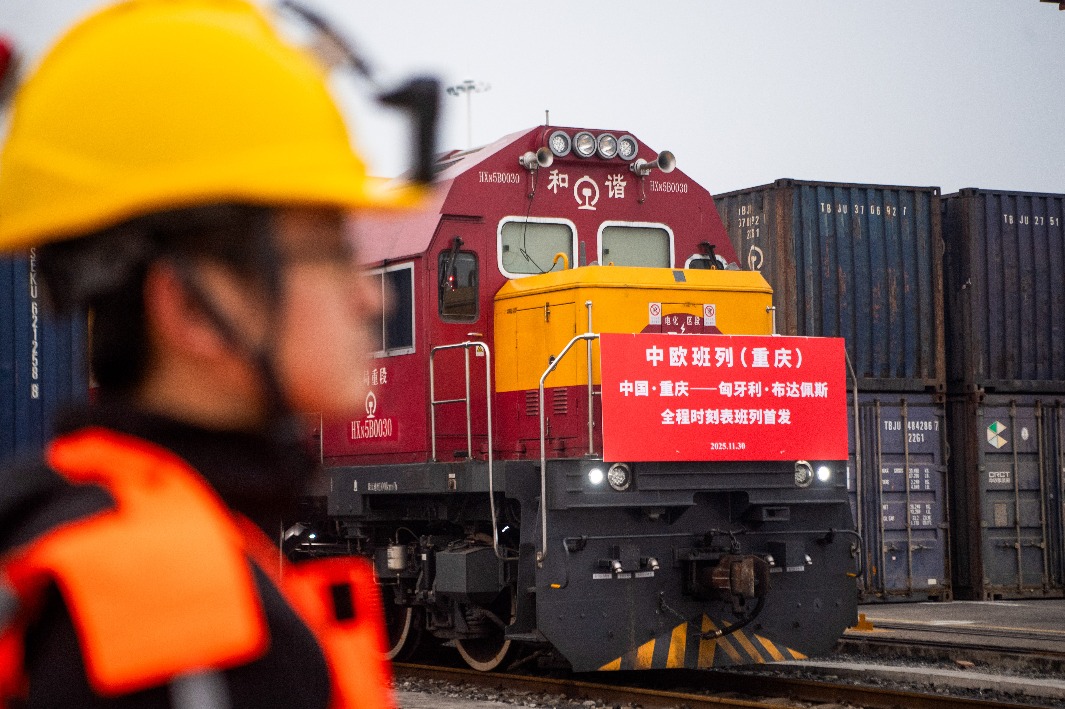Beijing continues to lead domestic bio-industrial pack


Beijing has achieved remarkable results in building an international center for science and technology innovation, according to the capital's government.
Over the last year, Beijing has maintained its research intensity — the ratio between R&D expenditure and gross domestic product — at 6 percent, placing it high on the international list of innovative cities.
It registered the largest number of patents in the country, with a total of 183.1 per 10,000 people. The city is also home to 29,000 high-tech enterprises, accounting for 10.3 percent of the country's total, and is China's leading producer of Unicorn companies, with 93 at work internationally.
Medicine and health is one major high-tech sector it wants to promote further. The government's data showed that the annual revenue of the pharmaceutical industry is expected to grow by about 21 percent year-on-year in 2021.
The Beijing Daxing Biomedical Industry Base, also known as China Bio-Medicine Park, has played an important role in developing high end national pharmaceutical and health industries. Founded in 2002, the base is part of the Zhongguancun Science and Technology Park and was appointed by China's National Development and Reform Commission as the core industrial development area of the Beijing National Bio-industrial Base in 2006.
Nie Shujun, one of the managers at the base, said the area now operates on a "1+4+2" pattern, with R&D as the "1"; biopharmaceuticals, modern Chinese medicine, innovative chemical drugs and medical devices as the four main sectors; and the final "2" representing big health and animal medicine, which require further expansion.
Nie said the base was built with an aim of industrializing the research conducted by academic institutes in the north of the city, including the Chinese Academy of Medical Sciences and the China Academy of Chinese Medical Sciences.
With nearly two decades of development experience, the base is now focused on gene and cell technology, major fields included in government work plans since 2020, she said, adding that the base has already gathered a number of gene and cell therapy companies and is now building a platform to encourage further collaboration.
Tong Ren Tang, a pharmaceutical company founded in 1669 and a producer of traditional Chinese medicine, has built a big concept store focused on technology and health. On Monday, the 2022 Beijing Media Center organized a trip to the store, in which 50 Chinese and foreign reporters participated.
The store has a round-the-clock unmanned medicine vending machine which can hold up to 9,000 items.
Manager Dong Yanyun, said the store sought to create a new health business model supported by research, wellness, sales, medical treatment and healthcare with TCM as its foundation.





































